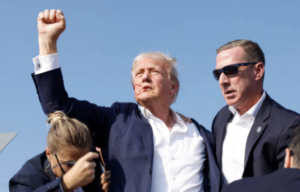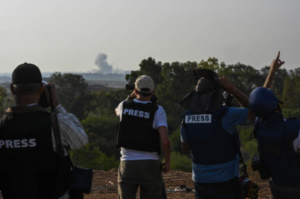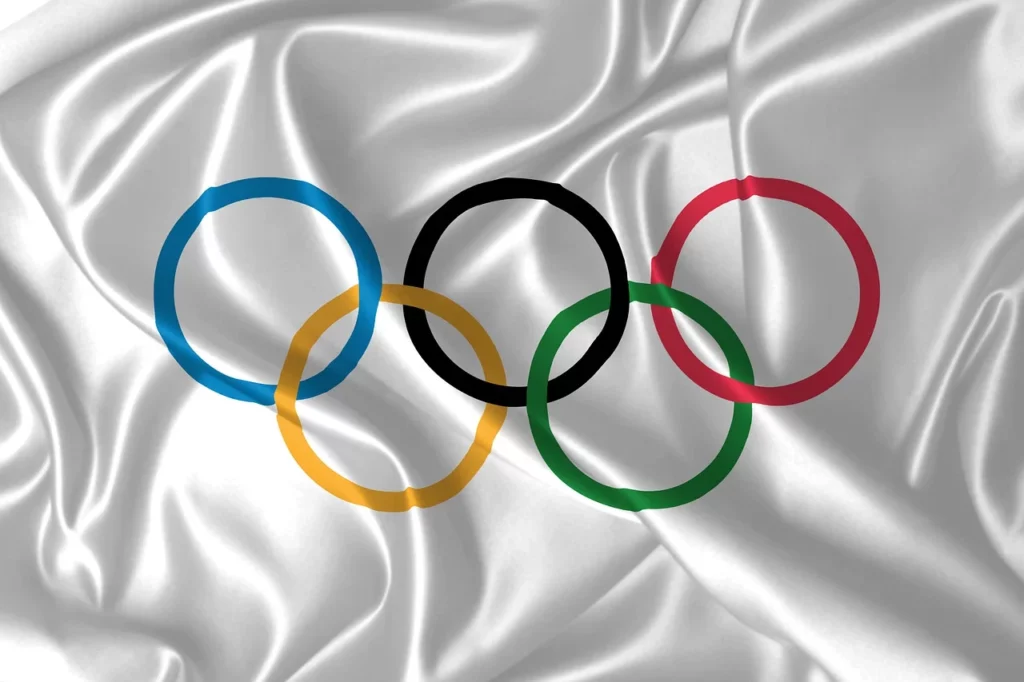It was on Friday December 8, 2023 that the International Olympic Committee gave its agreement to the presence of Russian and Belarusian athletes for the Paris Olympics. Previously, in March 2023, the Olympic organization recommended to international federations to reintegrate the Russians and Belarusians under a neutral banner into their competitions, while postponing its decision-making for Paris 2024. The Olympic institution gave itself the time to evaluate the progress of the competitions, considered generally satisfactory as well as the Ukrainian appreciation. After banning Russians and Belarusians from world sport at the end of February 2022, just after the Russian invasion of Ukraine, the IOC (International Olympic Committee) changed their position by accepting their return under several conditions.
This edition of the Olympic Games will therefore mark a collapse of the Russian presence. At the Tokyo Olympics in the summer of 2021, approximately 330 Russian athletes were registered in around thirty disciplines. They were already participating under a neutral banner, that of the Russian Olympic Committee (ROC), to sanction the Russian sports system’s multiple violations of anti-doping rules. This year, only between 36 and 58 Russian athletes (and between 22 and 28 Belarusians) are expected to be present in Paris, according to estimates by IOC experts.
CONDITIONS OF PARTICIPATION
In December 2023, the Olympic institution gave three main principles. First, the Russian and Belarusian collective teams were excluded. Then, athletes under contract with the military or national security agencies were not allowed to enter or compete in competitions. This is an important point since among the 71 medals won in Tokyo in 2021 by the Russian Olympic Committee, 45 were won by athletes from the Central Sports Club of the Russian Army, a structure directly attached to the Ministry of defense. Finally, the IOC had warned that it would exclude, after examination, all athletes who publicly defended the invasion of Ukraine. And this, in accordance with the peace mission of the Olympic movement.
However, on March 19, the IOC Executive Board announced that Russian and Belarusian athletes coming under neutral banners will not be authorized to participate in the parade of delegations on the Seine.
This decision was seen as a humiliation for Moscow, which deemed these conditions unacceptable. Notably, the Russian Minister of Sports, Oleg Matytsin, quoted by the TASS news agency, spoke out saying: “the conditions are discriminatory and go against sporting principles. They harm the Olympic Games themselves, and not Russian sport. This approach is absolutely unacceptable.”
Moreover, the IOC has indicated that it is up to each International Federation to make the final decision about Russian and Belarusian participation. Therefore, technically speaking, International Federations can exclude neutral athletes if they wish, but in reality, very few do so. It is with this in mind that badminton decided to go against the recommendations of the IOC before changing its position. It is indeed difficult to go against the Olympic institution on such an important subject when it is the institution that subsidizes most of the International Federations.
MIXED REVIEWS WORLDWIDE
On the Ukrainian side, the Ukrainian Sports Ministry maintains a list of Russian and Belarusian athletes accused of supporting the war and strives to provide supporting evidence, in particular through monitoring of their activity on social networks. . kyiv believes that Russian athletes, even under a neutral banner, should not have the opportunity to participate in the Paris Olympics. At the end of December, the president of the Ukrainian Olympic Committee, Vadym Gutzeit, declared that almost 400 Ukrainian athletes had died since the start of the war and that around 500 sports facilities had been partially or completely destroyed.
Most European countries are still against Russian and Belarusian participation in this year’s Olympic Games, in support of Ukraine. Notably, many of them, like France for example, are outraged that Russia dares to complain about their conditions of participation after having deliberately chosen to invade Ukraine, causing thousands of deaths.
For their part, the United States agreed with the IOC, supporting the participation of Russia and Belarus on condition of neutrality. They want to preserve the universality of the Olympic Games.










